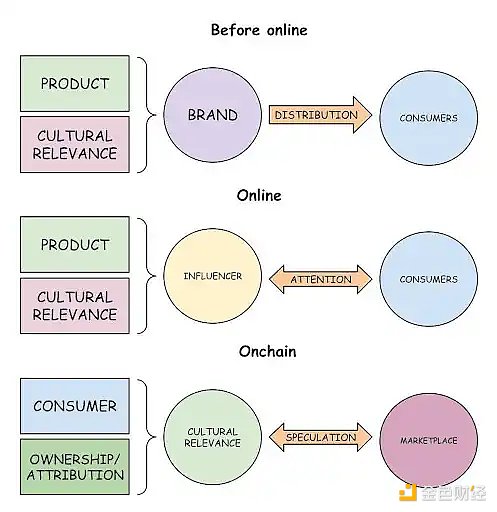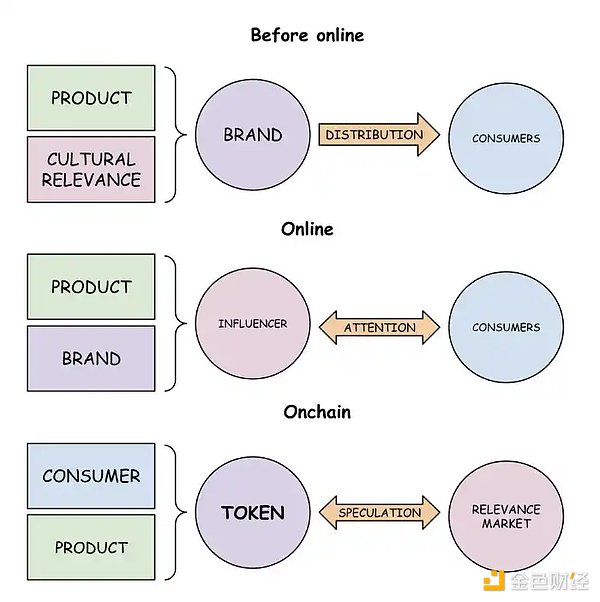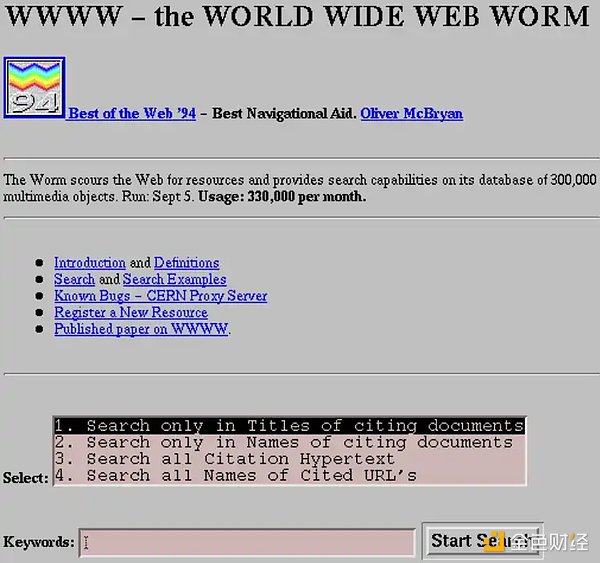Author: Matti, Zee Prime Capital; Translator: Zhouzhou, BlockBeatsEditor's Note: The rise of meme coins nowadays is a good demonstration of the wealth effect and innovation opportunities in crypto culture. Although memes are still in the early stages of pursuing short-term gains, they still provide reference value for future cultural finance and cultural coins. The article proposes that by building a meme coin crowdfunding platform, tokens will not only be limited to memes, but also be combined with lifestyle products, fashion brands, DeSci and other cultural projects to exert the power of capital formation. In the future, cultural coins will become a carrier of value creation and distribution.
The following is the main text:
In the narrative of meme coins, fun and optimism coexist, but its logic is misleading. It often interprets the world with a zero-sum game mentality and borrows some uncomfortable Marxist views, emphasizing the redistribution of power and wealth, while ignoring the real value creation.
"No need to create value, just get a piece of the pie." This mentality is widely accepted, and airdrops seem to have become a kind of "welfare". The more free resources you get, the stronger your desire. However, opportunities are not obtained out of thin air, but through hard work. Jealousy for seed round investment opportunities is the basis for the rationalization of meme coins. However, market access is one thing, and obtaining seed round investment opportunities depends on personal social capital. In addition, many people ignore the survivor bias-most seed round investments are actually losses.
In the current crypto market, investors, project owners, and users have become accustomed to trading tokens with no real value through "meme premiums." The natural evolution of this market paradigm has led to a more straightforward phenomenon: "In this case, let's just issue tokens that are obviously worthless." This assumption assumes that there is no actual creative intention in the crypto field, but this is not the case - "You are not a lottery ticket."
There is nothing wrong with the fact that meme coins are essentially just a social game of ups and downs. It can be seen as a new type of lottery, vaguely connected to the spirit of the times. However, the rationalization logic behind meme coins is disturbing: Resist the "evil capitalists" who exploit our profits! Even if there is no value, we have the right to obtain wealth! We have the right to outperform the market!
However, there is a fundamental difference between wanting to make money and demanding to make money. The narrative of meme coins caters to this empty desire and ultimately fills the pockets of insiders, who in turn criticize the so-called "evil venture capitalists." Some people equate meme coins with early crypto investments, which is wrong. The difference is that only a handful of today’s venture-backed fake projects will likely create trillions of dollars in value in the next decade.
Value is only distributed.
Value should be claimed.
Value is simply a product of how it is acquired.
Fundamentally, meme coins are fun, and they even have the potential to be the next escapist trend in consumer culture. In the future, they may become a proxy for value creation, as the tokenization of culture is a powerful and underexplored tool. However, the current meme coin narrative is inherently Marxist.
So how do you turn this narrative into a positive-sum cultural financial game?
The Rise of Cultural Finance
Since crypto culture is based on money, and money is the driving force of desire culture, we may have found the key to breakthrough. Culture (in this case, money) has become the product, which also explains the emergence of meme coins and phenomena like pump.fun very well.
We usually like to think about waves of new product and technology adoption in terms of "bundling/unbundling". In September 2023, before the meme coin craze broke out, we proposed a model and stated: "Maybe it's not intuitive, but cultural relevance will be traded."

We were on the right track, but we failed to foresee the rapid rise of meme coins. In retrospect, this actually makes sense, because the wealth effect at the time met the lack of actual innovation, which triggered the explosion of this phenomenon. However, meme coins are not a dead end. They actually provide an excellent proof of concept for "CultureFi" and "culturecoins", and crypto technology is gradually becoming a powerful cultural incubator.
Meme coins show us that brands and distribution channels can be effectively bundled together, which is also the core of meme coins-they are extremely efficient distribution machines. Although the form of meme coins we see today is still very primitive, they rely more on short-term rapid pull-ups and lack sustainability, but they lay the foundation for the evolution of future culture coins. Price increases are undoubtedly the most effective marketing means, and in the logic of meme coins, price increases are not only means, but also ends. But for future culture coins, price increases are just tools to a greater goal, just like Ethereum, Solana or Bitcoin.
The future of cultural coins will be richer and more diverse - tokens are not only the carriers of culture itself, but also the medium of distribution and dissemination. The following is my revision of the "bundling/unbundling" model. Although it may not be the final version, it reflects my current in-depth thinking and insights into the crypto consumer vertical.

The potential impact of this trend cannot be ignored now, and we believe that there is still great room for innovation in the issuance of meme coins. Compared with continuing to launch short-term "missiles" that may be manipulated by "pump and dump" groups, perhaps a dedicated meme coin "crowdfunding platform" can be built to transform these tokens into real cultural coins, not just for the purpose of making funny memes, but cultural carriers closely linked to lifestyle products.
This crowdfunding platform is able to transform a simple game of price increases and decreases into a tool for unlocking products and opportunities (such as access to specific products or content). With the powerful capital formation capabilities of cryptocurrencies, this approach can be used to launch cultural currency projects with a clear mission - whether it is a fashion brand, a record company, a decentralized science (DeSci) project (such as $HAIR), or even innovative things we have not yet thought of.
Prediction markets like Polymarket have demonstrated the potential to capture value by predicting events, fashion, and culture. In today's 24-hour "live reality show" world, it is normal for people to want to stay closely connected to the zeitgeist through financial tools to get pleasure and dopamine stimulation.
Today's meme coins are like those websites in the early days of the Internet (if they were financialized), they are still in a primitive state of disorder and limited functionality. And when culture itself becomes a battle, direct participation in it will only further raise the stakes and potential impact of this game.

Soon cultural coins may develop a practicality that leads us from the "pre-industrial age" equivalent to the Internet to the rapid industrialization of the Internet. If you believe that it was the expansion of freedom that drove the rapid progress of the industrial age, then cryptocurrency is an extension of this freedom provided to the Internet.
 Catherine
Catherine










